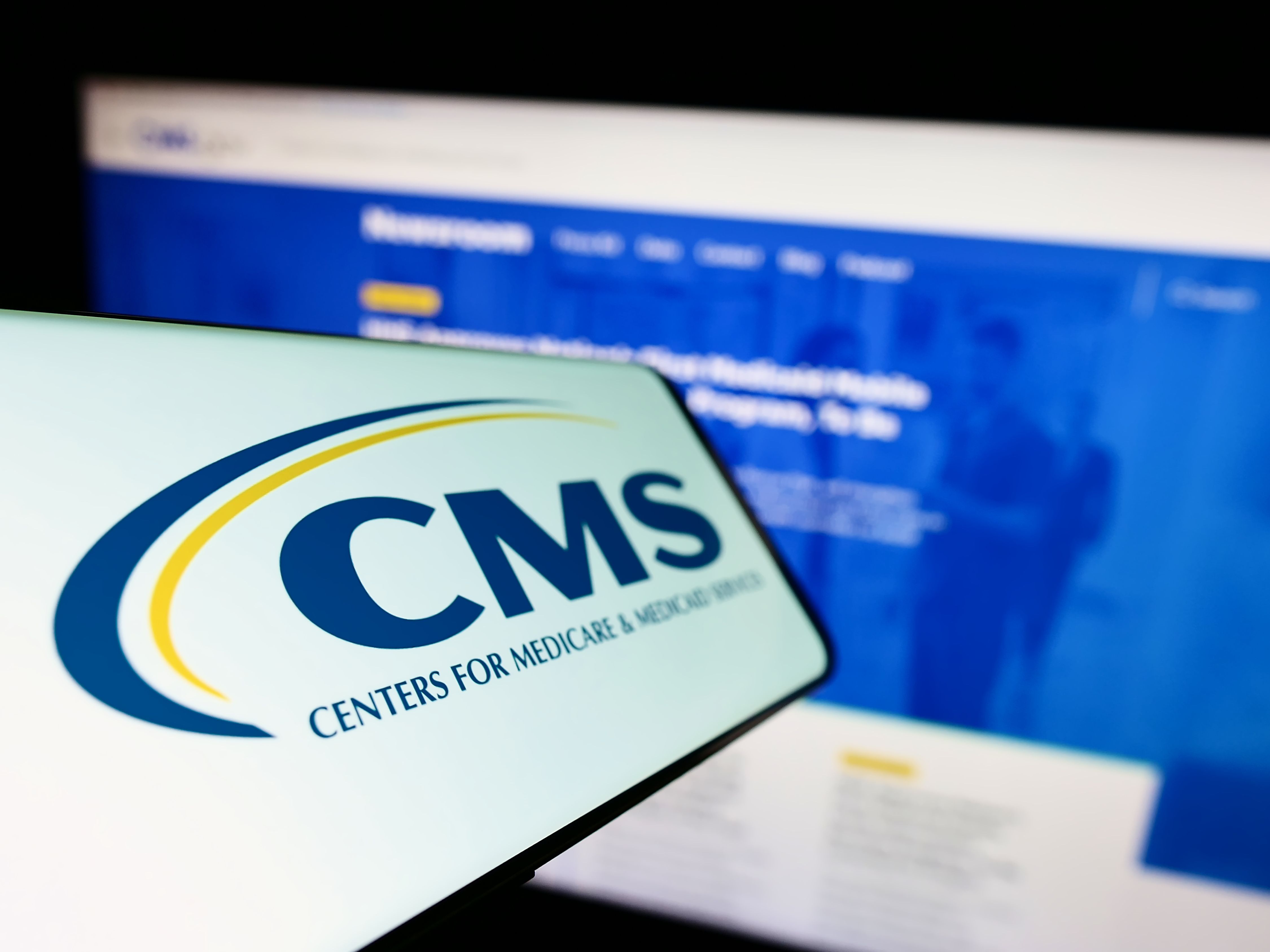Article
Investment Consult: Don't buy high-flying funds
Hot funds are usually volatile ones that flame out soon after you invest.
Investment Consult
By Lewis J. Altfest, CFP
Don't buy high-flying funds
A herd mentality can drive up prices.
If fund assets have grown more than 50 percent over the past two years, think twice about buying.
Americans can't seem to resist flocking to what's hot, be it an electronic gadget, type of automobile, or vacation destination. They act no differently when it comes to mutual funds. The higher a fund's returns and the better the press it gets, the more likely people are to buy it.
Inevitably, though, high-flying funds come back to the ground. When that happens, their returnsand investorssuffer. Does that mean the funds have somehow faltered? Not necessarily; the factors that make a fund soar in the first place often have nothing to do with the skill of its manager or the quality of its stocks. Let me explain.
For one, superior performance may have been the result of a single overriding factor. In the 1990s, for instance, funds with significant assets in technology-related stocks did very well. Even poor stock pickers showed strong returns by shifting gobs of money into tech.
That leads to my second point: The "herd mentality" toward investing can drive up share prices. When a fund gets a lot of attention in the media, the money flows in. That makes the fund company happy, but it's a mixed blessing for its portfolio managersespecially for those who run small-cap funds, because it can be difficult to find good companies in which to invest a surge of new money. Therefore, it becomes tougher for the fund to continue to outperform.
Finally, returns can be skewed by the type of stocks the manager invests in. Small-company stocks are a good example. They can be up sharply for several consecutive years, then down in the dumps for a long stretch. From 1995 through 1998, small-caps underperformed large-company stocks. That included a spread of almost 36 percentage points in 1998. But over the next four years, the trend reversed: In 2001, small-caps were up 22.8 percent, while shares of large companies were down almost 12 percent.
So, consider these rules of thumb before buying any mutual fund: First, look at the amount of assets under management. In general, if they've grown more than 50 percent over the past two years, think twice about purchasing the fund. Moreover, try to stick with funds whose performance ranked them in the top third of their investment category for at least three out of the past five years.
Two no-loads that have solid long-term track records are Clipper Fund (800-776-5033) and Royce Opportunity Fund (800-221-4268).
Clipper Fund, a large-cap value fund headed by Jim Gipson and Michael Sandler, owns a relatively small number of stocks: 32, at last count. Among the speculative, beaten-down companies now in its portfolio are Tenet Healthcare and Tyco International. Stocks like these make the fund more volatile, but Gipson and Sandler have delivered a five-year average annualized return of 9.9 percent.*
With $949 million in assets, Royce Opportunity is much smaller than Clipper Fund. It's also more volatile, because it invests heavily in the market's smallest companies, known as microcaps. Nevertheless, manager Boniface "Buzz" Zaino limits his shareholders' risk, by owning upward of 280 stocks that cover a wide range of industries.
Royce Opportunity has returned an average of 9.7 percent annually over the past five years. That's almost 12 percentage points better than that of the S&P 500 over the same period.
*Unless otherwise noted, all performance figures are through May 22.
The author, a fee-only financial planner, is president of L.J. Altfest & Co. (www.altfest.com), a financial and investment advisory firm in New York City, and is an associate professor of finance at Pace University. The ideas expressed in this column are his alone, and do not represent the views of Thomson Medical Economics. This column appears every other issue. If you have a comment, or a topic you'd like to see covered here, please submit it to Investment Consult, Medical Economics, 5 Paragon Drive, Montvale, NJ 07645-1742. You may also send a fax to 201-722-2688 or e-mail to meinvestment@medec.com.
Lewis Altfest. Investment Consult: Don't buy high-flying funds. Medical Economics Jun. 20, 2003;80:20.





